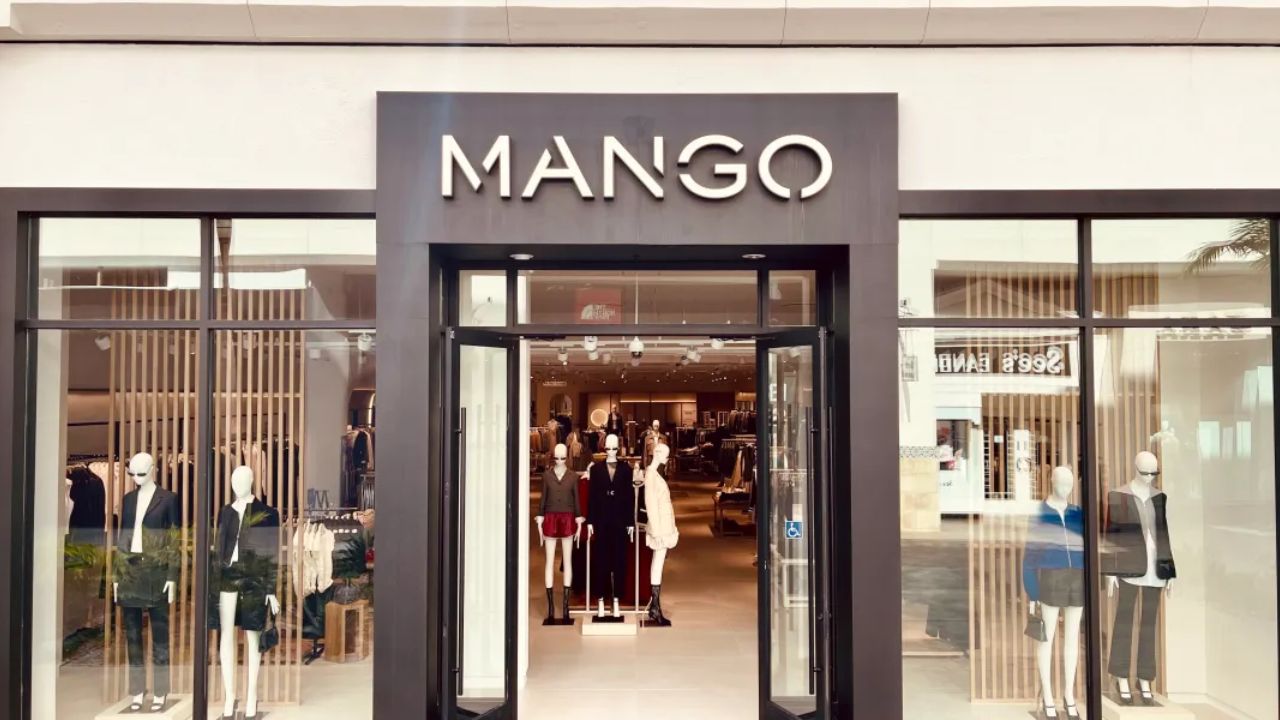How AI is Powering Mango’s $3.4 Billion Business Growth?
As it attempts to compete with fast-fashion companies like Shein and Temu, Mango will leverage the technology to enhance its in-house efficiencies and creativity.

How AI is Powering Mango’s $3.4 Billion Business Growth: To enhance its workforce’s capabilities, fashion retailer Mango is prioritizing machine learning platforms in anticipation of a market shift toward AI.
In addition to pricing and personalization, Mango has 15 digital intelligence platforms. As it attempts to compete with fast-fashion companies like Shein and Temu, Mango will leverage the technology to enhance its in-house efficiencies and creativity.
The new platforms include Midas, used by the brand to strategically price products on its site and in its stores; Gaudí, for recommending products to customers; Iris, a chatbot for improved customer service; Inspire, a generative content and co-creation AI platform that can be leveraged by the design and product teams; and Lisa, a conversational platform used by different internal teams, including design, store and logistics center workers, as well as company partners managing data and inventory.
How AI is Powering Mango’s $3.4 Billion Business Growth?
According to Jordi Lex Moreno, Mango’s chief information technology officer, “We consider digital intelligence to be an extended intelligence.” As a result, our employees are able to expand their capabilities and improve productivity. Furthermore, they allow us to identify opportunities and advance our operations throughout the value chain.”
Radio frequency identification (RFID) technology will enable the company to track and control its products in real-time, from the manufacturer to the logistics center and point of sale. In the order management system, one of the most complicated capabilities in the fashion industry is the real-time availability of commercial stock, Moreno said. We focus primarily on customer information, points of sale, stock, and products.
Fashion retailer Mango has been creating machine learning platforms since 2018. This year, the retailer is prioritizing the use of AI to enhance the capabilities of its workforce as it anticipates a market shift toward use of the technology. https://t.co/kvduRkcGOj
— Glossy (@glossyco) March 19, 2024
It is expected that Mango will open 30 more U.S. stores by 2026, resulting in record sales of €3.1 billion ($3.39 billion) on March 11. The full-year report said Mango’s Midas platform helped it raise prices for key categories, including dresses, which also drove sales. Midas uses artificial intelligence to inform prices based on demand. For the 2024 spring collection, the company’s average prices in the U.S. grew 46%, according to retail intelligence platform Edited.
Check Out: Media.Monks Unveils Persona.Flow: AI-Powered Consumer Insight Solution
In addition to Particl, Skims, Staud and Faherty use AI pricing platforms similar to that of Particl. While many companies are avoiding AI-led design, Mango embraces it. Fashion companies like Zara and H&M also use data to determine pricing and support design direction.
According to Moreno, digital intelligence is being used to develop products in a variety of ways. With the help of computational intelligence, we will be able to assist at several stages in creating our collections, including trend analysis, which enables the synthesis of a large amount of information, and creativity stages, such as ideation, product design, printing and texture, and feedback analysis.
Fashion designers can benefit from both AI and machine learning, according to Mercury Dasha CEO Rita Sheth. As a result of digital intelligence analytics, she says, consumers’ preferences and market trends can be understood, while generative AI leads to innovative fashion designs.
In addition to using AI models for trends analysis, ideation, and product design, Mango’s designers are “fundamental components of the company, bringing the required sensitivity to every creation.”
It is important for retailers to stay on top of new technologies going forward, he said. A major challenge will be digitization, process optimization, personalized experiences, and the integration of new technologies like artificial intelligence, machine learning, cognitive conversation capabilities, and generative algorithms in the retail sector, he said.
He said it is also a chance to accelerate our growth and develop the capabilities of our employees. As generative AI becomes a part of all business processes, it will pose a challenge to all professionals, since it is a tool that can be incorporated into their daily operations to maximize its benefits.
Check Out: Next-Gen Personalized Search Unveiled by Monetate: Tailored Discoveries for Every Shopper
